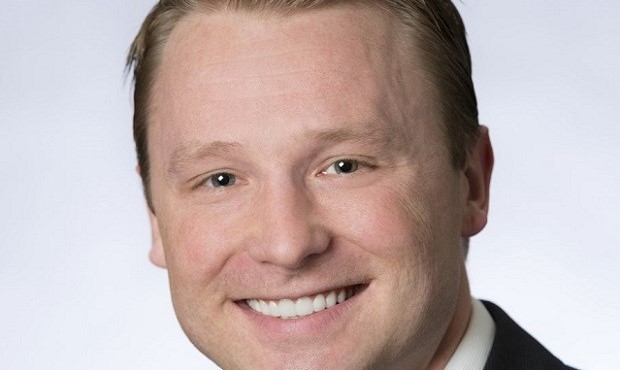
CHICAGO—Whenever major tax reform efforts get underway, investors of all types have to be alert. Even slight changes to existing statutes can either close off or open up opportunities. A year ago, some of those involved in the world of alternative investment feared Congress could eliminate or curtail 1031 property exchanges, which allow taxpayers to defer capital gains and other tax liabilities when trading properties.
But in the tax reform of 2017, Congress stuck to making rate cuts within the existing tax structure, and those feared changes never occurred. Keith Lampi, president and chief operating officer of Oak Brook, IL-based Inland Private Capital Corp., and newly-elected president of the Alternative & Direct Investment Securities Association, tells GlobeSt.com that will help make 2018 an active one for the industry, which has grown much more complex and diverse since 1031 exchange programs became popular.
“There was concern throughout the industry,” he says. “But section 1031 [of the IRS code] wasn't altered or changed in any way. It's still on the books and it's business as usual as a result.”
But “business as usual” means something quite different today than it did when the association Lampi now leads was founded in 2003. Back then, it was called simply the Tenant-In-Common Association and dedicated to only that investment product type. But many working in the space have now been doing this for 20 years.
“The industry has matured,” Lampi says, and practitioners are now more comfortable using Delaware Statutory Trusts than they were in 2004 when the IRS first decided DSTs could be used as investment vehicles for both 1031 investors and non-1031 investors. “These things take time to evolve,” and years of studying that IRS ruling means their clients now have the opportunity to benefit not just from investments in office and retail properties, but multifamily, self-storage, medical office and others as well.
Lampi adds that ADISA now has about 5,000 members. They are typically key decision makers and represent more than 220,000 professionals throughout the nation. In the past, members were mostly involved in 1031 exchange programs or non-traded REITs, but today the membership also works with business development companies, master limited partnerships, private and public funds, energy and oil and gas interests, equipment leasing programs, and other alternative and direct investment offerings.
That diversity is now one of ADISA's main strengths. Lampi sees “a fair amount of stability” in the current market, and many investors will be comfortable looking for riskier opportunities to complement those which provide long term stable cash flows. Ground-up development, for example, in multifamily, self-storage, industrial, and other sectors, may not provide a steady cash flow at first, but over a five-year timeline, the potential returns means such strategies will make sense.
“At the end of the day,” he says, “access and diversity are the most important things.”
Want to continue reading?
Become a Free ALM Digital Reader.
Once you are an ALM Digital Member, you’ll receive:
- Breaking commercial real estate news and analysis, on-site and via our newsletters and custom alerts
- Educational webcasts, white papers, and ebooks from industry thought leaders
- Critical coverage of the property casualty insurance and financial advisory markets on our other ALM sites, PropertyCasualty360 and ThinkAdvisor
Already have an account? Sign In Now
*May exclude premium content© 2025 ALM Global, LLC, All Rights Reserved. Request academic re-use from www.copyright.com. All other uses, submit a request to [email protected]. For more information visit Asset & Logo Licensing.








